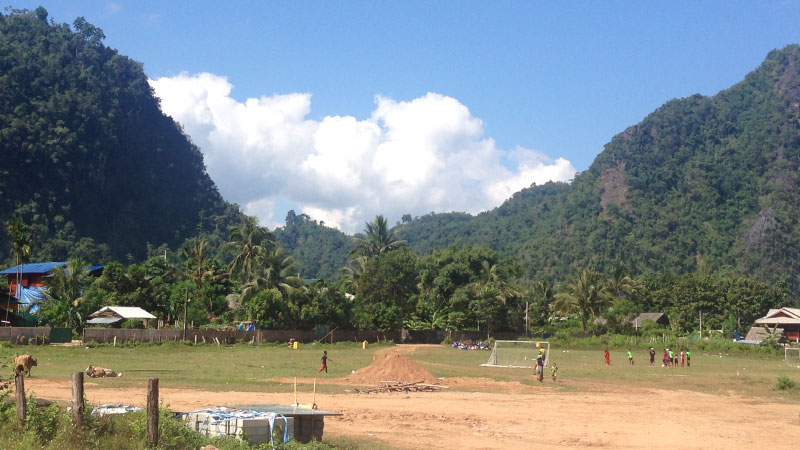Research Uptake

Research uptake objectives
The research will be used to inform policy, to educate local populations, and to develop simple, cost-effective protocols and tools that can be used locally and more widely by partner agencies across different ecological and epidemiological settings.
Key audiences
The key audiences for this study are:
- Programme managers (in government)
- Partners
- Industries looking into novel tools for personal protection against mosquitoes and/or malaria
Meetings have already been held with local government officials to discuss study findings.
International meetings attended
Presentations were given at the following international meetings:
“Residual malaria transmission dynamics varies across the Greater Mekong Subregion despite high coverage of LLINs” – by Jeffrey Hii, American Society Tropical Medicine & Hygiene Symposium; SESSION 168 - Why is Malaria Transmission Persisting in Some Contexts Despite High Coverage of Vector Control Tools, Such as LLINs and IRS? Results From Recent Studies Across Three WHO Regions, New Orleans, Nov 1, 2018
“Vector control at the cross-roads in Asia-Pacific Region: public health entomology and residual malaria transmission” – by Jeffrey Hii, First Malaria World Congress, Melbourne, 1 - 5 July 2018.
“How much Residual Transmission in Greater Mekong Subregion: Thailand & Viet Nam” – Jeffrey Hii, Asia-Pacific Malaria Elimination Network Vector Control Working Group/Mekong Outdoor Malaria Transmission Network 2018 Meeting, Bangkok, 3-5 September 2018

